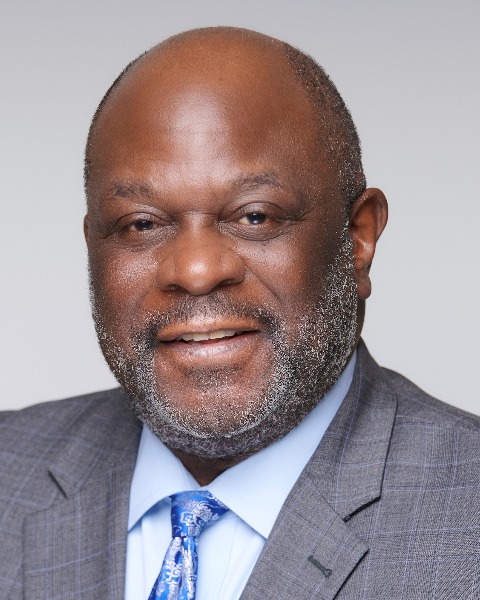Academic and Research Skills
Community Pediatrics
Diversity, Equity, and Inclusion
Emergency Medicine
Health Equity/Social Determinants of Health
Health Services Research
Injury Prevention
Public Health
Trainee
Applying the Injury Equity Framework to Intentional Injury and Firearm Violence Prevention
Co-sponsored By: APA, PHM
-

Joseph Wright, MD MPH (he/him/his)
Professor (adjunct) of Pediatrics, Emergency Medicine and Health Policy
George Washington University Schools of Medicine and Public Health
Itasca, Illinois, United States -

Monika Goyal, MD, MSCE (she/her/hers)
Professor of Pediatrics and Emergency Medicine
Pediatrics
Children's National Medical Center
Washington, District of Columbia, United States
Chair(s)
In 1972, the Haddon Matrix was introduced as a framework to categorically analyze motor vehicle crashes and their mechanistic circumstances [J Trauma. 1972;12:193]. Built on the public health approach, the Haddon Matrix has been widely taught as a foundational pillar of injury prevention research primarily applied to unintentional injury. The last several decades have seen modest harm reduction among selected types of childhood injury; yet overall, injury remains the leading cause of morbidity and in childhood and young adulthood. Especially concerning has been the rise in intentional causes of injury; most specifically, firearm-related deaths which now exceed motor vehicle crashes as the leading cause of pediatric mortality. Further, inherent societal inequities place historically minoritized populations at disparate vulnerability and risk of exposure to intentional injury.
In 2023, the Kendi-Macy Injury Equity Framework was introduced recognizing that “the lack of progress toward addressing disparities is caused in part by limitations of the tools used to analyze the factors that contribute to injuries and injury-related outcomes” [NEJM. 2023;388:774]. This framework, weaving Social Drivers of Health and intersectionality into the Haddon Matrix, presents an opportunity to leverage an expanded and more nuanced approach to mechanistic analysis and intervention development.
This session gathers equity scientists and health services researchers to discuss application of an equity approach to intentional injury and, specifically, the work of reducing the burden of childhood firearm-related injuries. Notably, these faculty represent leadership in organized pediatrics, as well as, core responsibility for the advancement of science at their respective academic institutions.
Learning Objectives:
- Define the Kendi-Macy Injury Equity Framework and understand its application to inequities in firearm injury
- Identify gaps and forward directions for pediatric firearm injury research
- Discuss the role of organized pediatrics and academic health systems in addressing firearm violence
Presentations:
-
11:00am - 11:10am HSTIntroduction: Role of the Pediatrician in Youth Violence Prevention
Speaker: Joseph Wright, MD MPH (he/him/his) – George Washington University Schools of Medicine and Public Health
-
11:10am - 11:25am HSTPediatric Firearm Injury Prevention: State-of-the-science
Speaker: Lois K. Lee, MD, MPH (she/her/hers) – Boston Children's Hospital, Harvard Medical School
-
11:25am - 11:40am HSTThe Injury Equity Framework: Innovation and Application
Speaker: Sadiqa A.I Kendi, MD, MPH (she/her/hers) – Children's National Health System
-
11:40am - 11:55am HSTIntentional Injury Prevention: Research Gaps and Opportunities
Speaker: Michelle Macy, MD, MS (she/her/hers) – Ann & Robert H. Lurie Children's Hospital of Chicago
-
11:55am - 12:10pm HSTA Holistic Approach to Childhood Firearm Injuries in the Academic Medical Center
Speaker: Monika Goyal, MD, MSCE (she/her/hers) – Children's National Medical Center
-
12:10pm - 12:30pm HSTQ & A

